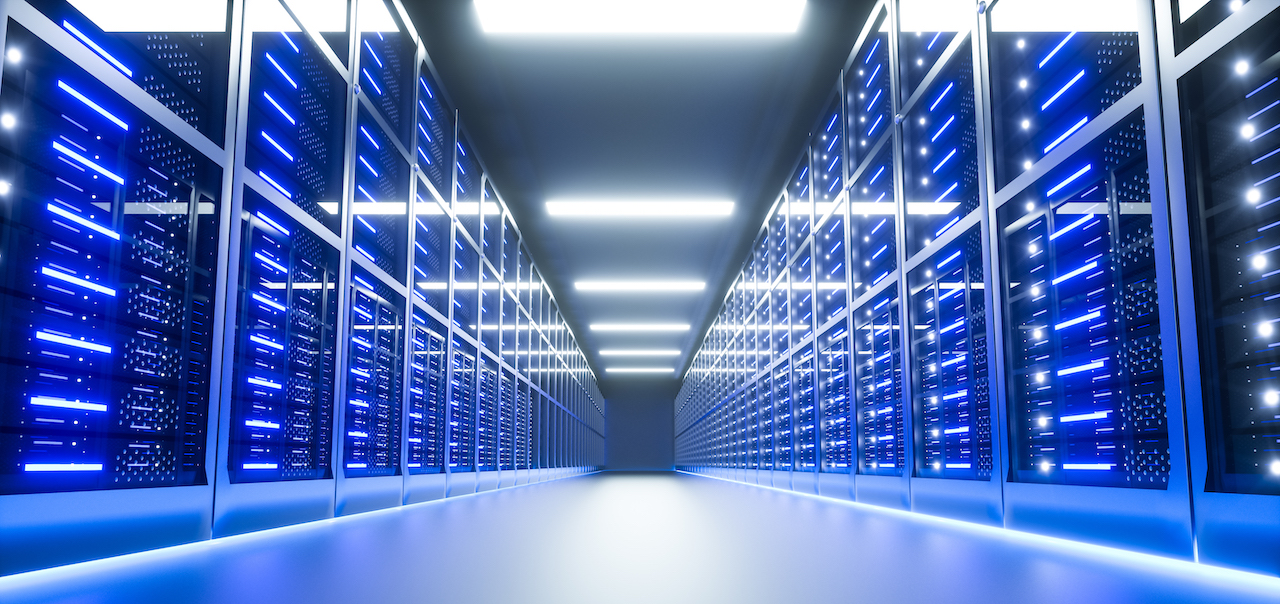Most Idahoans have heard the story of the young farmer who, when asked his greatest quality, says, “I can sleep when the wind blows.” As proof, he confidently sleeps through the night when a storm hits the farm, because he has already prepared everything in advance. It feels good to be ready when disaster strikes. But can your Idaho business say the same when it comes to protecting your valuable data?
Data makes our modern world go round, yet the more sophisticated threats against it get, the more vulnerable that information becomes. Any Idaho business that deals in data needs to have somewhere safe for it to be kept, and this is why selecting the right data center and data backup services in Idaho is so crucial.
So how do you select the right facility to house your data? Here are three main things you should consider when selecting an Idaho data center:
The Three-Layer Approach
Before selecting a partner to store your data safely, businesses across Idaho should consider the dangers facing their digital information and employ best practices for avoiding those dangers. One excellent way to prevent threats facing your data is to select a data center that takes a three-layer approach to data security.
These three layers consist of physical security, virtual security, and patching. Each layer provides invaluable protections that keep your data from being lost, stolen, or corrupted, ensuring your confidential information is always kept safe.
1. Physical Security
Physical security is key for protecting against a variety of threats, including theft, natural disasters, overheating, and more.
The first aspect of physical security to consider is the building the data is stored in. Unguarded premises can encourage data theft and lead to potentially devastating losses in the event of a disaster. Strong physical security means safer data.
At Nuvek’s Pocatello data center, we ensure our building is physically protected in five different ways to ensure the security of our clients’ data:
- Gates: Our building is surrounded by gates to keep unwanted visitors off the premises.
- Security Cameras: We have security cameras lining the exterior and interior of the building to deter criminals and gather pertinent information if needed.
- Security Locks: Every door is secured with physical locks to ensure only authorized personnel are able to enter.
- Biometrics Using Handprints: In addition to physical locks, once you enter the facility, biometric security requires a handprint scan to enter server rooms.
- Locked Server Cabinets: All of our servers are kept behind locked cabinet doors as an extra layer of protection.
Besides keeping criminals away from your data, physical security has other benefits, such as temperature-controlled rooms that keep your data servers from overheating or getting too cold and measures that protect against natural disasters.
A reliable data center will also keep equipment clearly organized and maintained, which can be a difficult task when servers are housed in-office. Tangled cords and inaccurate equipment inventory can lead to security hazards.
2. Virtual Security
Of course, physical threats must be mitigated, but virtual security is also a primary concern for businesses who want to keep their data safe.
The methods cyber criminals are using to infiltrate systems have become more advanced than ever in recent years. In fact, the news has recently been saturated with major attacks such as the SolarWinds and FireEye data breach that impacted thousands of customers and even organizations within the federal government.
Additionally, though companies may think it uncommon, disgruntled employees who know the ins and outs of how to access your data can easily corrupt, destroy, or disseminate it. In just August of last year, Idaho’s Saint Alphonsus Health System was exploited by an employee who used cyber knowledge to steal $1 million. Without virtual security protections, your business could face catastrophic consequences from a breach—including non-compliance penalties, lost customers, litigation, and great financial costs.
You’ll want to make sure the data center you select has comprehensive virtual security, such as anti-malware software, hardware and software management, and continuous system threat monitoring. At Nuvek, we employ Barracuda web filtering and the professional version of Malwarebytes round the clock. We also keep hardware and software up to date at all times through version management, an important security step that many data centers simply don’t have the time to complete.
3. Security Patches
As a subset of virtual protections, installing patches on software is critical to maintaining data security. Installing patches regularly means not only keeping every piece of software up to date, but also eliminating new software weaknesses to keep them from leading to vulnerabilities that hackers could use to exploit your data.
By updating software as often as possible through patches, you can stay one step ahead of the cybercriminals at all times, keeping your data protected. You also protect against zero-day vulnerabilities that software developers haven’t yet created solutions for. Any business who holds valuable or confidential information will want to make sure regular patching is included in their data backup services.
Nuvek’s Data Backup Services In Idaho
When searching for the right Idaho data center to protect your business data, there are a number of things to take into consideration, but among the most important are physical security, virtual security, and patching.
At Nuvek, you can rest assured that our data center takes each of these security measures very seriously with a multi-layered approach to ensure your valuable information is well protected. When it comes to protecting data, we can sleep when the wind blows, and our clients can, too.
To learn more about Nuvek’s data backup services, contact us today.
